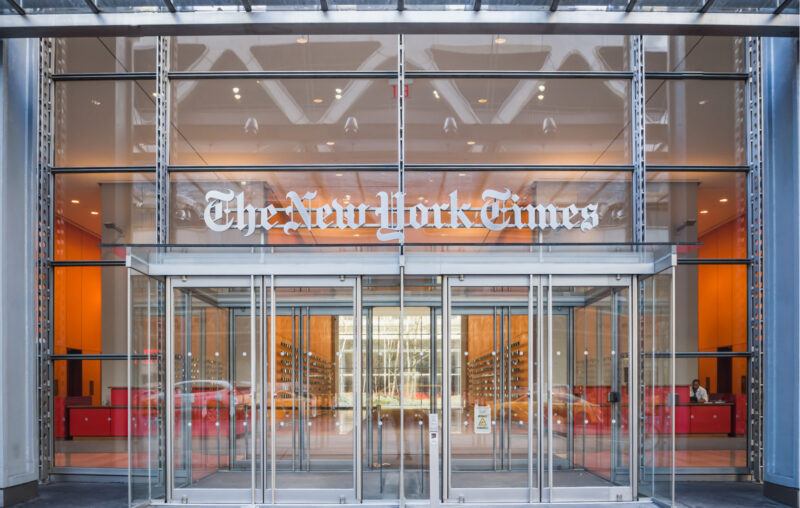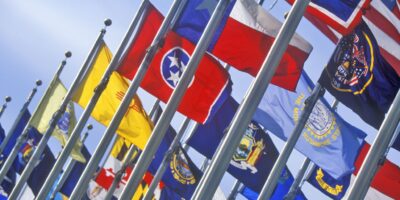Covid As a Source of Election Interference

Just four years ago there was uproar about Russian interference in the US elections. There were protests, investigations and congressional hearings. Now we’re approaching another, equally divisive election.
To what extent has the prevailing narrative around a pathogen called SARS-CoV-2 been influenced by the timing of the elections? You hear lots of speculation. If it is possible that a virus has been politicized to this extent, it is a scandal.
It is an election year, so one does wonder.
Let’s look at how infectious diseases have historically been entwined with and influenced politics:
Disease has led to wars. In 1781 a Venetian ship arrived in the port of Malta carrying a sole sailor, who had survived a plague which had claimed the rest of the ship’s crew. The Maltese authorities quarantined the sailor, and condemned the Venetian ship carrying Tunisian goods to be burnt at sea. Tunis merchants claimed compensation for the lost goods, which both Venice and Malta refused to compensate. War was declared, and fourteen Venetian ships were subsequently captured before the merchants received compensation.
Pandemics shift states’ power distributions. Napoleon conquered most of Europe before leading his 600,000-strong army to invade Russia in 1812. Contrary to popular belief Napoleon’s army wasn’t defeated by the Russians: the spread of typhus decimated his troops. In 1346 the Black Death was adapted as an early form of biological warfare when the Mongols catapulted infected corpses over the besieged city walls of heavily-fortified Caffa.
Pandemic as pretence. Just as disease alters the balance of power, so too does it offer a political veil to pursue ulterior political objectives such as political manoeuvring and economic sanctions. Take for instance Russia’s ban on outdoor gatherings greater than 5,000 people to ‘prevent the spread of Covid’ after the political opposition announced a rally in response to the suspension of presidential term limits. Or Germany’s 1880 protectionist and nationalist economic policies banning American pork products over ‘sanitary concerns.’
Domestic political legitimacy. Initial lockdowns were never completely lifted after the curve was flattened, and politicians now need to cover their asses for initially overreacting. With exclamations that “Covid is skyrocketing” and “The second wave is here!” constant, even minor increases in cases are blamed on domestic non-conformers to mask mandates and used to justify more lockdowns. After all, if Baker, Cuomo or Newsom suddenly did an about-face by opening up after hospital capacity was increased the public would begin to question why they were locked up – ahem, down – in the first place. The scene in Tangled where Rapunzel’s mother sings “Mother knows best” after plotting to achieve her own nefarious ends comes to mind. Political success depends on how many people buy into your propaganda.
Propagandising disease. Around the 15th century society evolved away from explanations of plagues as punishments sent by God. Instead, pestilence was used to conveniently shift blame from domestic failures to ‘plague spreaders and well-poisoners.’ Propaganda-led attacks on foreign and domestic enemies (usually minorities) were variously used either to shore up or undermine political legitimacy. During the 1980s the Soviets attempted to portray the US as untrustworthy and vicious by advertising the similarity of AIDS to an easily manipulated form of a virus found in sheep. This largely failed to gain traction, partly because domestically it became linked to political elements ‘undesirable’ at the time (i.e. the gay community).
But in 2020 disease has more successfully been weaponized and used to fracture society all the way down to the family level. Under the ‘all or nothing’ lockdown approach we religiously follow, anyone who is from a high-risk state, not wearing a mask, or in disagreement with governor-approved ‘science’ has successfully been designated a public enemy. Any dangerously callous, uncaring, greedy or misinformed individual who diverges from the select narrative is quickly cajoled into silence. And this silence and censorship are being used to manufacture consensus.
Censorship to create ‘consensus’. My colleague Jeffrey Tucker wrote a few months ago about the New York Times’s Walter Duranty’s coverup of deliberate famine in Ukraine (1932-33) by the Soviet Union. Jeff relates the events portrayed in the movie “Mr. Jones” to the very one-sided narrative concerning Covid policies pushed by the media which led NYT editor Bari Weiss to resign. This doesn’t just happen in the newsroom: social media behemoths Twitter, Facebook, and search engine Google censor content classified as ‘misleading’ or ‘against community standards.’ Some argue that as private enterprises these companies maintain a right to deny individuals the use of their platforms. But one does wonder, when censorship is supposedly done to prevent the contagion of ‘fake news,’ if outsourcing power to foreign censors can ever be a suitable solution.
There is little incentive for politicians to admit to the inadequacies of the state – whether it be from poverty-induced famine, or lockdowns denying citizens access to medical care, education or mental health services. State governors’ ‘diligence’ and ‘preparedness’ enabling them to ‘control’ the virus reinforces the importance and ‘superiority’ of the state (again, ‘Mother knows best’). At the end of the day, political success depends on how we perceive disease and the (in)adequacy of responses to it.
After all, you should “never let a good crisis go to waste.” Our domestic politicians certainly haven’t – and I’m sure their foreign counterparts haven’t either. As a hegemon and active player in global politics, the US is frequently seen as a stabilizing presence. Many nations rely on us remaining engaged in current affairs.
There is a very simple incentive leading states to interfere in one another’s elections: certain candidates are likely to be more friendly (or at least less hostile) than others. Unfriendly nations have incentives to get far-right (or left) political leaders elected because controversial figures polarize voters, and domestic discontent forces states to focus more on domestic politics and security – and less on foreign policy. This leaves an adversarial nation free to focus on pursuing their own foreign policy objectives without pesky competition or opposition.
There are so many other ways to interfere in an election than to tamper with voting machines – manipulating perceptions of Covid is just one of them.











